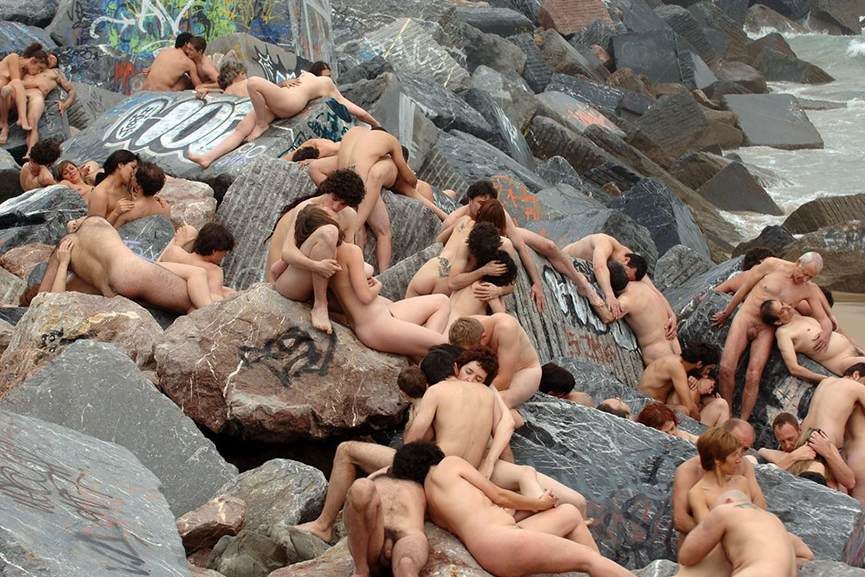I’ve been going on, for a long time, about how we need to normalise nudity and sexuality, and become much more familiar and at ease with our bodies and bodily functions.
Apropos this I recently caught up with a July 2016 press release from The Eve Appeal, who are a charity devoted to fighting women’s cancers.
The press release reports on research they conducted into women’s, specifically young women’s, knowledge of their sexual anatomy, language and attitudes. The results are quite worrying.
Almost two-thirds of young women have problems using words such as “vagina” and “vulva” and only half of 26-35 year-olds are able to locate the vagina (compared with 80% of 66-75 years-olds).
But it gets worse …
It’s not just a knowledge gap … the data also showed a distinct difference in attitudes towards talking about gynaecological health issues … more than one in ten of 16-35 year olds said they found it very hard to talk to their GPs about gynaecological health concerns, and nearly a third admitted that they had avoided going to the doctors altogether with gynaecological issues due to embarrassment …
These findings are in direct contrast with the popular misconception that society is more open these days, making it much easier for women of younger generations to talk about gynaecological health.
I find this very worrying. It means there is a huge section of the population who are at much higher risk than need be of serious gynaecological health issues.
And according to Men’s Health Forum, men are no better about knowledge of, and attitudes to, their genital equipment. So don’t go getting all smug, guys!
I dread to think how bad is the knowledge of the other sex’s anatomy and the naming of parts. Or of normal bodily functions like menstruation.
We just have to change this! We have to get everyone much more familiar with their bodies — with bodies of all sizes, shapes and genders. We have to teach people the correct, as well as the incorrect and slang, names for body parts. We have to overcome the embarrassment and the knowledge gap.
There is really no reason for us to be embarrassed, because medical professionals aren’t — they’ve seen it all before. When I was in hospital recently for my knee operation I had a conversation with one of the (more mature) nurses, who remarked that they all, very early on in their careers, stop seeing genitals in any sexual way; they just become another piece of body no different from a finger or toe. And that is how it should be; just another part of a body. Until one gets into a specifically intimate and sexual situation.
It is also important that we teach when it’s appropriate to use various terms. While “penis”, “vulva”, “testicles”, “anus” are appropriate for a medical context, “prick”, “cunt”, “balls” and “arse” (although perfectly good Anglo-Saxon words) are much better kept for more intimate, private or jocular occasions. And even greater circumlocutory euphemisms are best abandoned completely.
Moreover, if we were all more attuned to, and comfortable with, our intimate anatomy how much more difficult it would become (and we would make it) for sexual predators/abusers. It would be much easier for (potential) victims to speak up, either at the time or afterwards. How much easier would it be for us to fight against female (and indeed male) genital mutilation and to reduce STIs.
I don’t know how we do this piece of public education, especially when we are starting from a base of such poor knowledge and attitudes. What I do know is that the responsibility has to lie with both parents and teachers. Actually it lies with all of us … we all need to use the correct words and not be frightened to do so.
If we can achieve this I feel sure it will result in much better health for all of us, because there will be no stigma in discussing “sensitive” subjects with medical professionals, or indeed with each other, just as we are all comfortable talking about ears, eyes, knees and backache.
It beats me why we can’t just do this.




 Here’s the latest finding: against all expectations it seems that
Here’s the latest finding: against all expectations it seems that 


